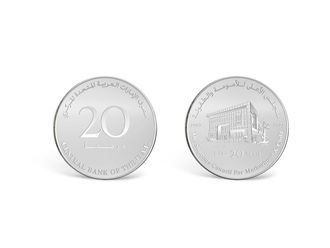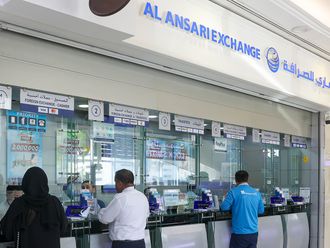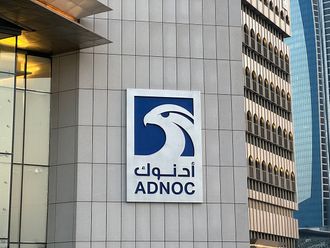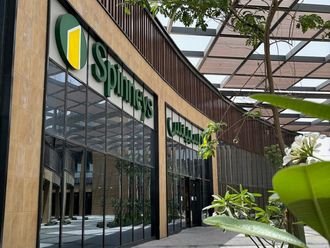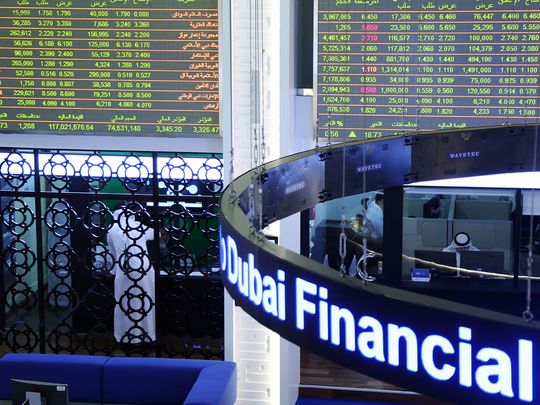
Dubai: UAE consumers and businesses have much to be pleased about from the US Fed’s 0.5 per cent interest rate cut on Wednesday. They won’t be the only ones as investors in listed companies on DFM, ADX and other GCC stock markets hope to cash in on the rate cut bounce.
Specifically, stock market investors will be looking at how the rate cuts show up on companies’ finance costs, which had been through significant increases after the many rounds of rate increases. In the UAE, the companies behind some of the blue-chip stocks on DFM and ADX had pointed to mounting finance costs as a major factor in their H1-2024 financials.
Plus, these companies also had to start making provisions for corporate tax.
Now, with the first rate cut happening, they will have some flexibility on the cost side. And that’s a plus for their shareholders, eyeing better profits - and dividends - from the companies they have exposures in.
Investors on the DFM drove up the general index higher by 0.71 per cent (31.32 points up Thursday (September 19), while on ADX the gain were 0.82 per cent (68 points higher).
“For UAE’s listed companies, higher finance costs and corporate tax have been the two macro forces that rippled through balance-sheets for the better part of this year,” said Sameer Lakhani, Managing Director at Global Capital Partners. “Now, after the rate cut, lower borrowing costs will have some positive impact - provided the markets believe that inflation has been truly contained.”
Other market watchers agree about the rate cuts being a positive for UAE listed companies. "You have the higher finance costs dragging down profitability for some major companies," said an analyst. "Now, the 9 per cent corporate tax is something they will have to live with - but if their cost of operations drop from a lower interest rate regime, that's a massive plus."
What that means is the prospect for UAE companies to see better profitability and, by extension, a chance for shareholders to get a share of higher dividends.
But Lakhani says investors could still do with some caution, especially in managing expectations around more immediate rate cuts. “There has been some concern that the larger than expected 50 basis point cut suggests a slightly worse outlook for US corporate activity than previously thought. It is a factor that will both determine and affect Federal Reserve credibility in the months ahead.”
The US stock markets closed yesterday in upbeat mood, with the tech sector again driving a lot of investor interest. Today, when it comes to major Asian markets, the Nikkei and Hang Seng are up, while the Shanghai index is trailing in the red.
As to which UAE and Gulf stocks and sectors could benefit, "We believe investor sentiment in general is positive after the supersized cut by the Fed," said Junaid Ansari, Director of Investment Strategy and Research at Kamco Invest. "Except for banks, we believe the news should be positive for the broader market.
"And the reaction of markets in the Gulf was in line with most markets globally."
When should UAE businesses get started on refinancing?
OK, the first rate cut of the new cycle has happened, itself a big positive for businesses on forecasting their short-term costs. For many businesses, this is also the time to start thinking of whether to refinance their existing loans or whether they are good as they are.
The likely scenario would be for CFOs to push for possible refinancing opportunities further down the road, when the US Fed can provide a clearer picture of what they plan to do on more rate cuts.
“Rates expected to drop to 4.4% by the end of this year,” said Bal Krishen, Chairman and CEO of Dubai-based Century Financial. “While lower rates will ultimately help businesses to refinance their debt at cheaper rates, this process typically takes 6-12 months to see meaningful effects in the economy.
“Retail customers in the UAE can expect to see benefits of the reduced rates through lower mortgage rates and personal loan rates.”
A rough window for strategic refinancing might be within 12 to 18 months after rate cuts begin. However, this is not a strict rule, and businesses must assess their own capital needs and the broader market situation, particularly considering the influence of US Federal Reserve policies on the UAE market due to the dirham's peg to the dollar."


